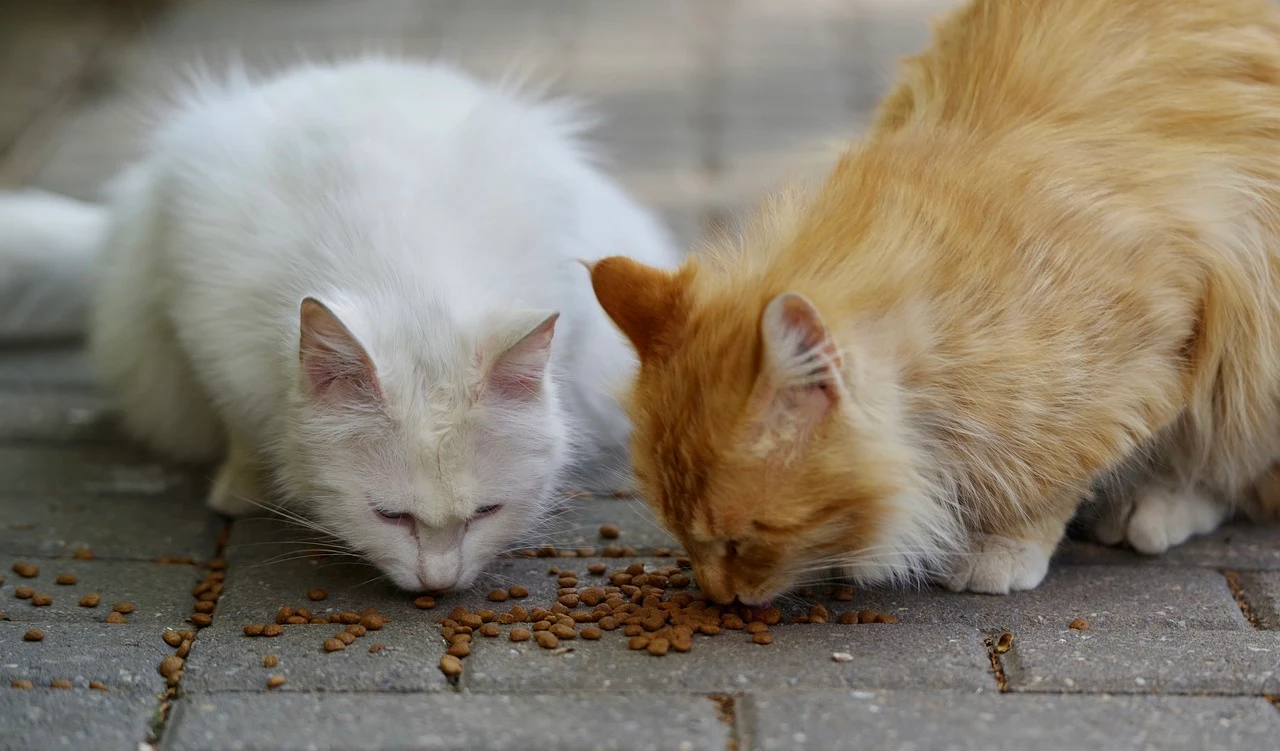While Spam isn’t toxic to cats, it’s not recommended to feed them Spam regularly. Spam contains high levels of fat and sodium, which can be harmful to cats if consumed in large quantities.
Understanding Cat Nutrition
Cats are obligate carnivores, which means their diet should be rich in animal-based proteins. Unlike omnivorous dogs, cats have specific nutritional needs that are crucial for their overall health. Taurine, for instance, is an amino acid that must be sourced from meat, essential for their heart function and good vision. Fats are another important dietary component, providing energy and supporting various bodily functions.
A Protein Paradigm
For cats, protein is not just a means for growth – it's life-sustaining. Amino acids from proteins help build strong muscles, repair tissues, and maintain a robust immune system. While some animal ingredients can be beneficial when included in cat food, plant-based proteins do not provide the same nutritional value for felines.
What is Spam?
Spam, a storage-friendly meat product, has found a lifelong legacy in American culture since its introduction. Originally created in 1937, Spam is a blend of pork shoulder meat with ham, salt, water, sugar, and sodium nitrate. The food has a long shelf life and is available in a variety of flavors.
The Nutritional Breakdown
In a 2-ounce serving of Spam, you'll find around 16 grams of fat, of which saturated fat can make up a good portion. This makes it a high-fat food, which should raise flags for cat owners considering sharing a morsel with their pets. Additionally, a serving can contain over 800 milligrams of sodium, far exceeding the recommended allowance for felines, which should cause even more concern.
The Risks of Feeding Spam to Cats
The high fat content in Spam can contribute to obesity and fat deposition in cats, leading to a myriad of health problems. Health risks also include gastrointestinal upset, which might range from vomiting to pancreatitis. However, the most significant risk comes from the sodium content, as even a small amount of Spam can surpass a cat's daily requirement, leading to salt toxicity. This condition can cause dehydration, high blood pressure, and even kidney damage.
Health Implications
Obesity in cats can lead to secondary issues like diabetes and joint problems. In the case of salt toxicity, symptoms vary from mild gastrointestinal irritation to seizures and, in severe cases, fatalities. Cats' inability to efficiently eliminate excess sodium from their systems puts them at greater risk compared to humans or even some other pets.
Safer Alternatives to Spam
Recognition of the risks associated with indulging our cats in human foods necessitates the exploration of safer treats and snacks. Several pet-specific treats are available in the market, formulated to appeal to feline palates while aligning with their dietary needs.
Treats Fit for Felines
When it comes to treat time, consider options like freeze-dried meats, specially prepared cat treats, or even bits of cooked unseasoned meats. Not only do these alternatives mitigate the risks associated with high fat and sodium, but they also cater to a cat's need for a protein-rich diet, making them a much safer and smarter option.
Keeping Our Cats Safe
While it might be tempting to share human foods with our pets, it's crucial to weigh the nutritional benefits against potential risks. The popularity and convenience of foods like Spam make the question of feeding such items to our cats topical. However, as responsible pet owners, our priority should be providing a nutritionally sound diet to our feline companions.
Can cats eat Spam?
Can cats eat Spam? The verdict is a resounding no. The high levels of fat and sodium in Spam make it an unsuitable and potentially risky choice for our cats. Cat owners should opt for treats that are specifically designed for feline consumption, steering clear of human foods not intended for cats.
Seeking Professional Advice
To ensure the long and healthy life of your cat, always consult with a veterinarian about the appropriate diet and treats. Every cat is unique, with individual dietary needs and tolerances. A vet can provide personalized guidance on what constitutes a safe and beneficial diet plan for your feline friend. Remember, when it comes to your cat's health, informed decisions are the best decisions.

.jpg)
